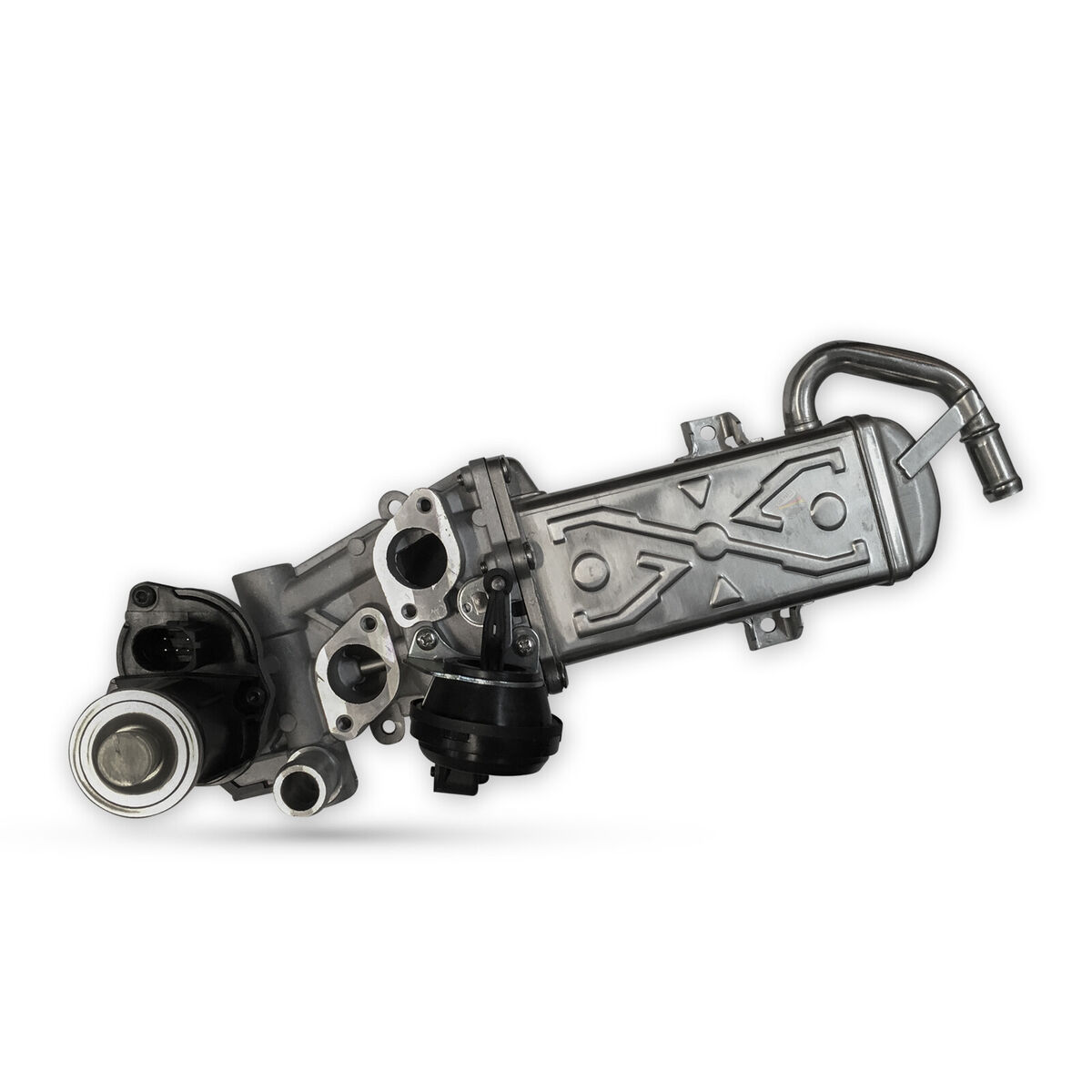
Unleash Your Diesel’s Tuning Potential
Professional ECU tuning and performance modifications for diesel vehicles. Get more power, better fuel economy, and enhanced driving experience.
Exhaust Gas Recirculation: Cleaner Burn or Clogged Nightmare?
EGR systems promise lower NOx emissions and improved combustion efficiency—but are they worth the trade-offs in reliability and performance?
Published on 26 September 2025 by DieselKraft Editorial Team

Exhaust Gas Recirculation (EGR) is a widely used emissions control strategy in both gasoline and diesel engines. By redirecting a portion of exhaust gases back into the intake manifold, EGR lowers combustion temperatures and reduces nitrogen oxide (NOx) formation—a key pollutant regulated worldwide.
🔧 How EGR Works
EGR valves modulate the flow of exhaust gases into the intake stream. These inert gases displace oxygen, slowing down combustion and reducing peak cylinder temperatures. Lower temperatures mean less NOx—but also less power if not carefully managed.
✅ Pros of EGR
- Reduces NOx emissions, helping meet Euro and EPA standards
- Improves fuel economy under light loads by reducing pumping losses
- Enables leaner combustion strategies in modern diesel engines
- Can reduce engine knock in gasoline applications
⚠️ Cons of EGR
- Carbon buildup in intake manifold and EGR valve over time
- Reduced engine performance and throttle response
- Potential for increased soot and oil contamination in diesel engines
- Complexity in tuning and diagnostics—especially with variable geometry turbos
🛠️ EGR in the Tuning World
Many tuners disable EGR to improve reliability and performance, especially in off-road or competition builds. However, doing so may violate emissions laws.
Whether you're chasing peak torque or long-term durability, understanding EGR is key to building smarter, cleaner engines.
Ready to Unleash Your Diesel's Power?
Contact us today for a free consultation and discover how professional ECU tuning can unlock real diesel performance gains — more power, better torque, and improved fuel economy.
Get In Touch
Ready to transform your diesel's performance? Contact us to schedule your appointment.
Messenger
Click here to message usinfo@dieselkraft-performance.com
Location
Based in Batley, West Yorkshire
Mobile service around the whole of Yorkshire area
Hours
Monday‑Sunday: By appointment only